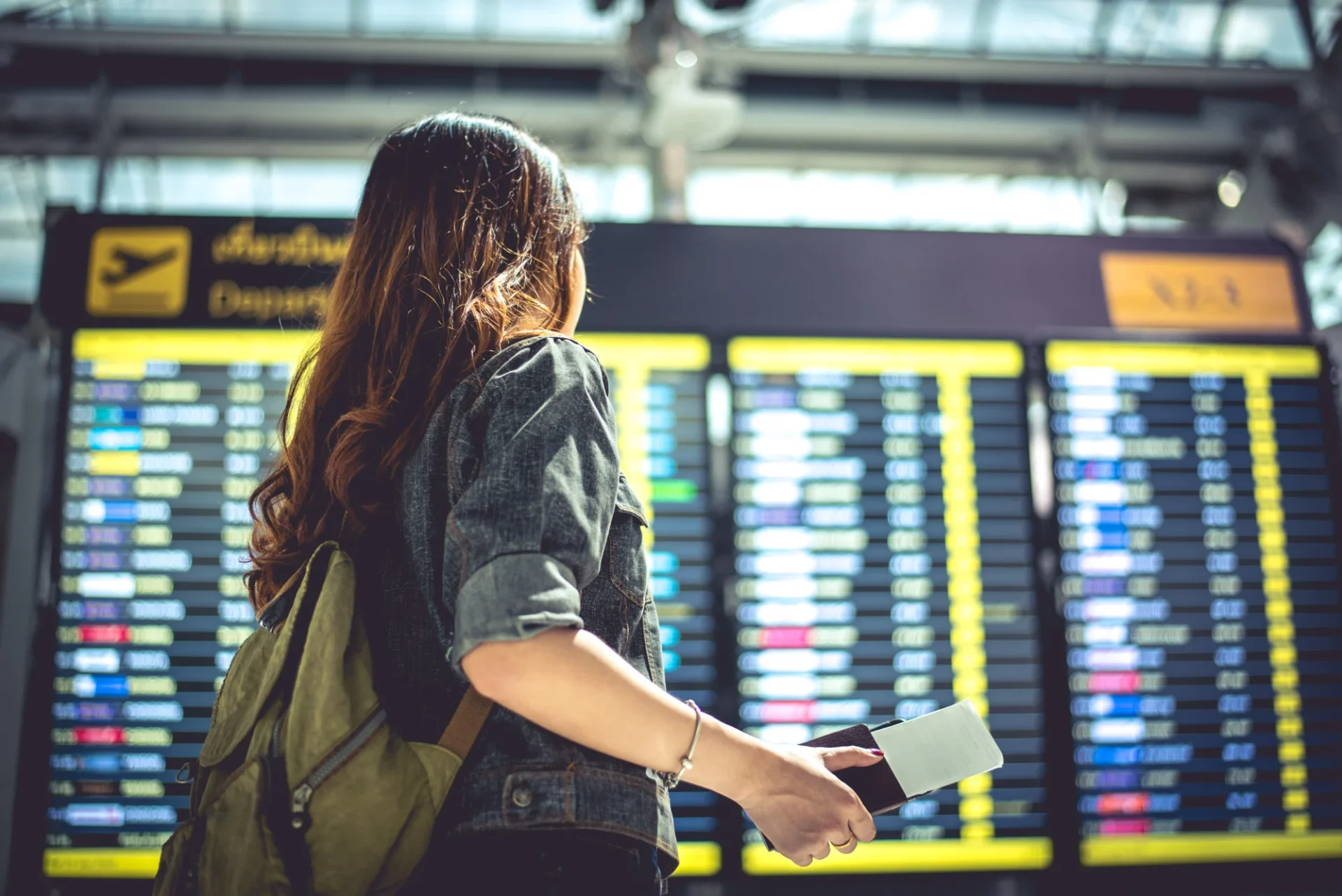In today’s complex airfare market, securing the best deal isn’t just challenging—it’s increasingly tricky. The distinction between basic economy and regular economy fares and the plethora of additional fees add layers of complexity to the booking process. Far from coincidental, this convolution is a strategic move by airlines. They’re utilizing insights from behavioral economics, a burgeoning academic field merging psychology with standard economic theories, to subtly prompt customers into shelling out more.
According to Cait Lamberton, a marketing professor at the University of Pennsylvania’s Wharton School, behavioral economics considers how our brains react to scarcity or abundance, leading to biases that influence our decision-making. These biases are often not rational, yet they play a critical role in our shopping habits.
For instance, “loss aversion” bias makes us more likely to spend on extras like trip protection to avoid potential financial loss. The “decoy effect” can manipulate us into choosing between two less ideal options when a third, even poorer option, is presented. Airlines are fully cognizant of these biases and structure their fare and fee offerings to capitalize on them.
One technique airlines commonly employ is “social proof.” They may upsell certain products such as trip protection by implying that numerous other travelers have included it in their bookings. However, Lamberton warns against falling for such tactics since these messages often lack context and offer little real value.
Consumers should also be aware of “decision fatigue.” As we make more decisions, our choices tend to become less optimal. Airlines exploit this bias by withholding information until later in the booking process, when consumers are less likely to start afresh. To combat this, it’s advisable to set aside ample time for flight bookings, enabling thorough comparison shopping.
One approach to sidestep upselling is to identify your needs before starting the booking process. For example, families may need to pay for seat selection to sit together, while solo travelers might not find this worth the additional cost. Deciding in advance what is essential can prevent unnecessary expenses.
Even then, predicting future preferences can be a challenge. An early flight might be cheaper, but it’s essential to consider factors like the value of additional sleep. Lamberton suggests that if an airline is pushing a particular option—such as a seat upgrade or a bundle of benefits—always revert to your original preferences. Taking time to understand your biases and the airlines’ motivations can lead to significant travel savings.
READ MORE:
